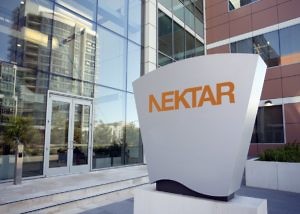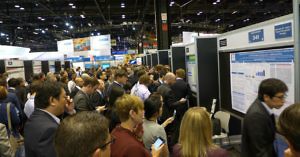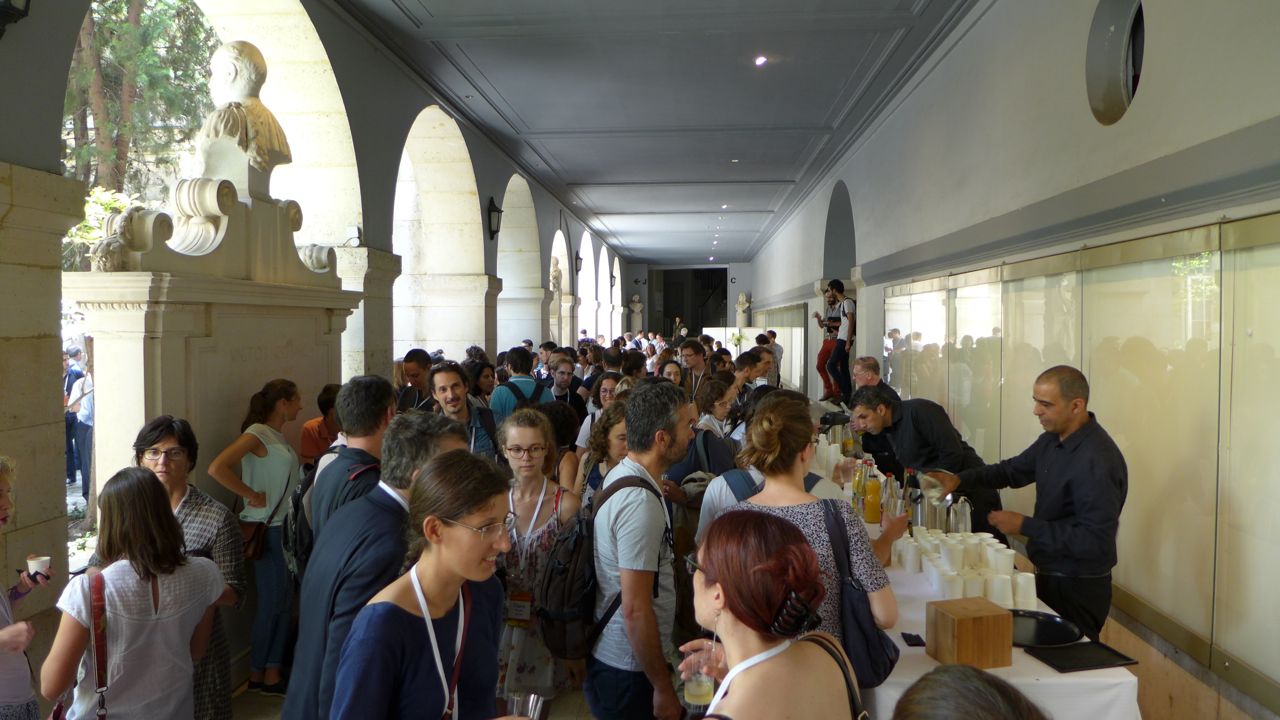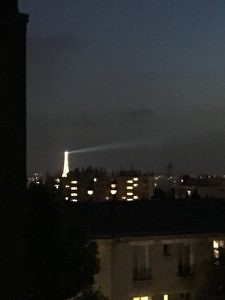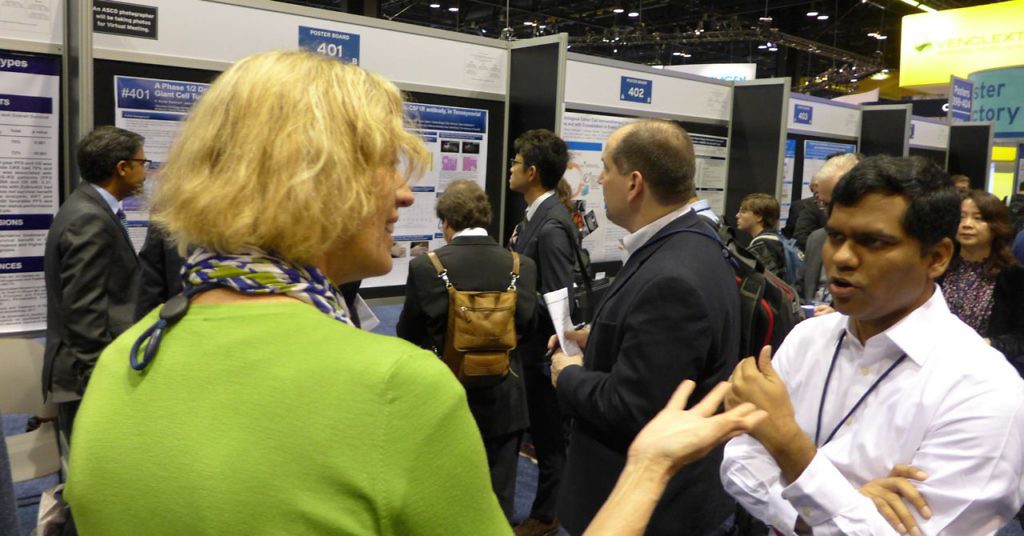MYSTIC Interim Analysis July 2017 shows PFS Miss
There has been considerable focus on the impact of cancer immunotherapy and checkpoint blockade in particular in non-small cell lung cancer (NSCLC) of late, with approval of several agents in the 1L and 2L metastatic setting, as well as positive results reported in stage 3 unresectable disease earlier this year.
To date, the approvals have focused on monotherapies in second-line (nivolumab, pembrolizumab and atezolizumab) allcomers, as well as in 1L in two cases i.e. for people who are PD-L1 High expressers (≥ 50%) for pembrolizumab or allcomers in combination with chemotherapy (pembrolizumab).
Today as part of their 2Q earnings call details, AstraZeneca ($AZN) announced that the MYSTIC trial exploring the combination of the anti-PD-L1 antibody, durvalumab (Imfinzi), plus anti-CTLA–4 antibody, tremelimumab, unfortunately missed the interim endpoint of progression-free survival (PFS).
This is the first dual IO-IO combo readout in this setting and while disappointing, the results aren’t entirely surprising, as regular readers will no doubt realise.
We are now awaiting several other trial readouts in 1L NSCLC, including Merck’s phase 3 confirmatory trial for pembrolizumab plus chemo and Genentech/Roche’s IMpower150 trial, which explores atezolizumab in combination with chemotherapy, with and without the anti-VEGF inhibitor, bevacizumab (Avastin).
For historical reference, we originally wrote up our perspectives on the 1L NSCLC landscape in January this year then followed that up with a provocative post outlining out predictions on what to expect earlier this month, including the projected miss in PFS for AstraZeneca’s IO combo.
So what does this latest data mean for AZN?
Subscribers can log-in to read our latest insights or you can purchase access to BSB Premium Content.
This content is restricted to subscribers

